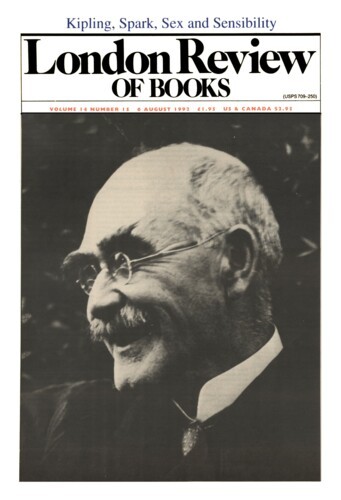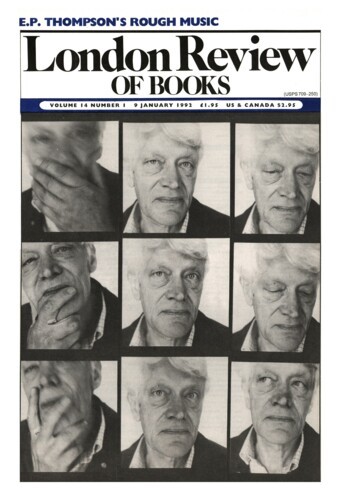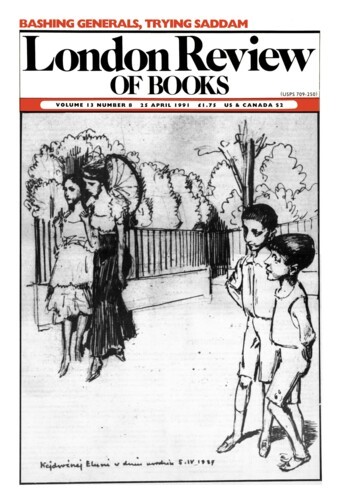At the end of Book Two of the Iliad, in the famous catalogue of the Greek and Trojan forces, the Carians, allies of Troy, led by their chief Nastes, are referred to as barbarophonoi, literally ‘of barbarian (i.e. non-Greek) speech’. Since barbaros (an onomatopoeic term suggesting babble, which does not occur in Homer) meant ‘one who does not speak Greek’, Homer’s compound word – the only occurrence in the Iliad of any derivative of barbaros – is pleonastic, or perhaps overemphatic or fussy (according to G.S. Kirk’s Commentary, it is also ‘surprising’, because the land of the Carians was inhabited by Mycenaean Greeks toward the end of the Bronze Age’). Not speaking Greek might signify other forms of outlandishness, including primitive habits and wild or uncivilised behaviour, and the subsequent history of the term ‘barbarian’ in various languages has been ethnocentric in a sense which tended to link civilised status with possession of the approved dominant language (first Greek, then Latin, followed by the various world-languages of later imperial hegemonies). ‘Barbarian’ and ‘barbarous’ are now typically used to suggest the savage or uncivilised without any strong consciousness of a linguistic factor, but the history of modern encounters with ‘primitive’ peoples, from 16th-century Amerindians to the various subject races of more recent colonial perspectives, shows that the barbarian has continued to be conceived as speaking a non-speech or ‘jabber’. And those who, like Montaigne, adopted the traditional ‘anti-colonialist’ or relativist counter-argument that the barbarians were less barbaric than their conquerors were fond of suggesting, in a table-turning appeal to etymology, that Amerindian languages resembled, or might have been related to, Greek.’
At the end of Book Two of the Iliad, in the famous catalogue of the Greek and Trojan forces, the Carians, allies of Troy, led by their chief Nastes, are referred to as barbarophonoi, literally...





